Spring and Summer 2024, Wadden Sea
Our expeditions
Search
Citizen Science
Join us on our journey to a world where no plastic ends up in nature
Join the movementEuropean expeditions
Join our sustainable cultural exchange on historic sailing ships
Read moreNews
We organize projects for cleaner oceans
News
Vacancies
News
Sustainable cultural exchanges
News
Citizen Science on the Waddenzee
Who we are
The Ocean Movement educates and activates people, organizations and governments through the organization of a variety of activities – sailing expeditions and citizen science projects, lectures, documentaries. This way we contribute to the much needed transition to a world in which no plastic ends up in nature anymore. We believe we are all part of the problem and that means we can all be part of the solution!
Read moreWhats going on
november 28, 2025
On Sunday November 9th, the TOM team travelled to Den Helder for the Traditionele Schepenbeurs, the annual gathering of traditional vessels and the people who love them.
Read story“The sea, once it casts its spell, holds one in its net of wonder forever.” ~ Jacques Cousteau, ocean explorer and filmmaker
All storiesThe problem
Plastic is entering the environment from many different sources. Plastics in our waters – ranging from large to microscopically small – have devastating effects on the environment and animals. Research and education are essential to understand the problem and tackle the different sources.
23
k
every single minute
The impact
Learn more about the world we live in, its risks, and threats that people create for it daily. We believe that with the use of a curious mind and a systematic approach we can understand problems better and work on solutions.
5250
billion
Pieces of plastic are estimated to be floating in our ocean. These particles are distributed all over the world by ocean currents, waves and wind.*
Source
%
of marine plastic pollution is currently missing. Possible causes: it has sunk, fragmented into tiny particles or washed up on beaches.*
SourceIn
1972
the first study describing microscopic plastics in our ocean (the Sargasso Sea) was published by Marine Biologists Carpenter and Smith.
Source*The figures presented here are based on extrapolations and should be viewed with a critical eye, as it is impossible to measure all plastics or fish in the oceans. They however do give a perspective on the sheer size of the marine plastic pollution issue we face today.
More factsJacques Cousteau
Ocean explorer and Filmmaker
“Our oceans, like the rest of our environment, is crucial for life. Marine life is just the tip of the iceberg. Whole ecosystems are being affected by our shocking behaviour and I believe education and engaging in those environments is the way forward. It was such a great experience both educationally and as a relaxing holiday with purpose and believe that BTOWU has really hit the nail on the head with what they are doing. Here’s to international relations in helping build a much needed community around the topic.”
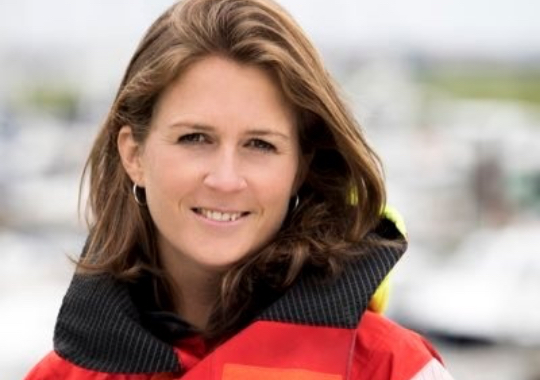
Kiko Matthews
Fastest female to row solo unsupported across the Atlantic
“It cannot be true that our use of unnecessary plastics comes so naturally, in and around our products. Why does a cucumber wrapped in plastic, cost more than one that isn’t? Why do mangoes need 2 layers of plastics when presented in the supermarkets; 1 harder plastic cup, and a cellophane wrapping? And even if that would be because of the ripening process, couldn’t supermarkets unwrap them for us? Why are we the ones who have to take off the rubbish? There has to be a way in which we can reduce our plastic use earlier in the process. If we could, we would save earth in so many ways. Until that day is near we need people like the volunteers of By the Ocean we Unite! This amazing group of people is needed to spread awareness about plastic pollution, and the need to reduce our plastic use. They feel the same way I do: let’s all keep our trash to a minimum!”
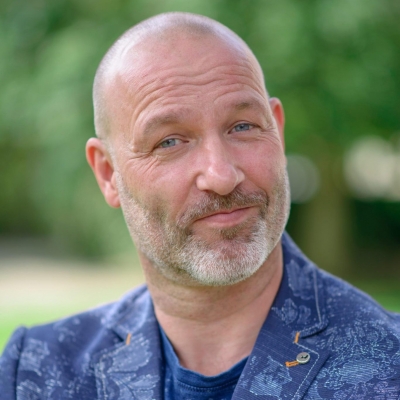
Eddy Zoëy
Musician, television- and radiomaker
“We have created an enormous plastic soup in three oceans and we have over-fished many species of fish. I support the mission of By the Ocean we Unite: preventing plastic pollution. Together we strive for a future with healthy oceans on an earth worth living in.”
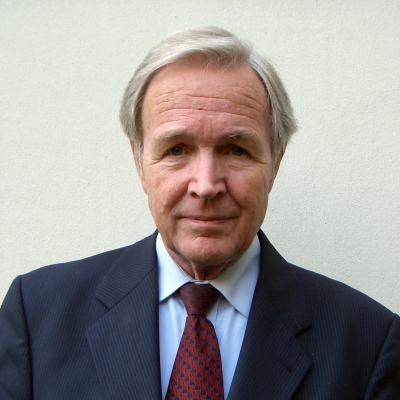
Jan Terlouw
Writer, environmentalist, former politician
“Sailing with the team of By the Ocean we Unite on their first expedition my eyes were opened to worldwide plastic pollution. My first contribution: nowadays in our radio studio we drink everything from paper mugs, instead of plastic. We can’t live without coffee at the radio, but we sure can without plastic. I support this great team in their battle against plastic pollution!”
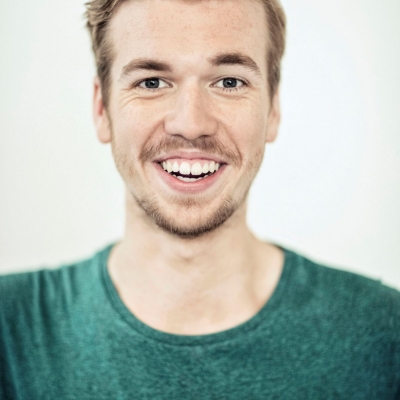
Anoûl Hendriks
Radio DJ at SLAM!
“Plastic is killing our oceans. If we don’t take action it will have a huge negative impact on all life on our planet! Do something about it, a great begin is to start looking at your own behavior regarding the usage of plastic…”
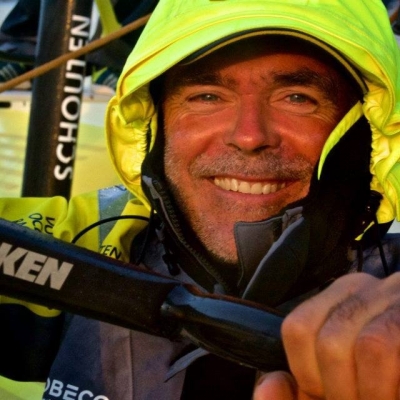
Bouwe Bekking
Professional Sailor, 8X participant Volvo Ocean Race, captain of team Brunel
